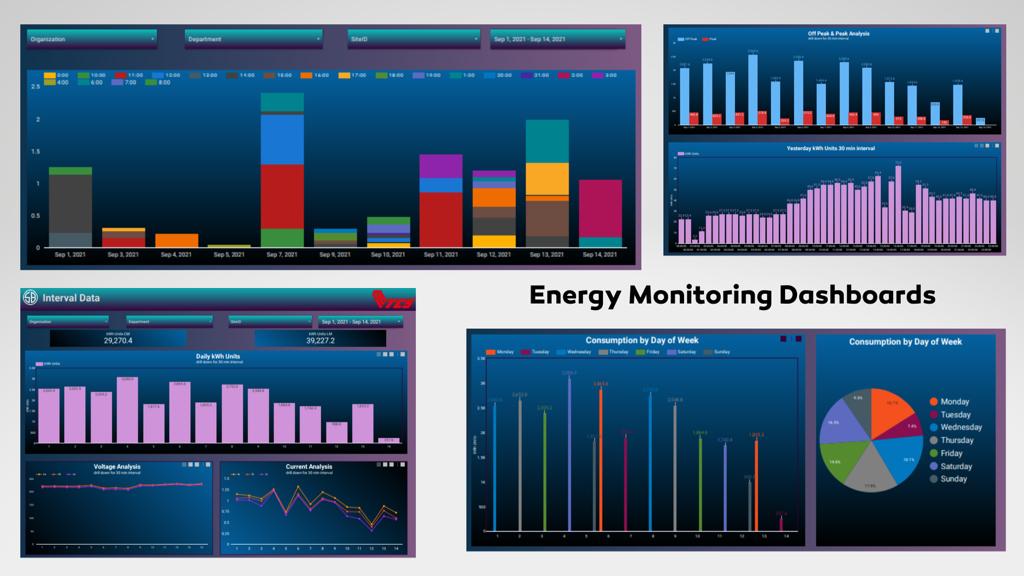Blogs
Content is just something to talk about.
Enabling Smart Metering in Pakistan: FINCA and SBEEC
Introduction
With increasing pressure on Pakistan’s limited energy and gas resources, Pakistani companies
are seeking ways to decrease costs and adopt renewable sources that better match energy
supplies and demand. One innovation many companies are considering is smart metering
technology. Smart meters transmit real-time usage data back to the consumer, increase energy
efficiency and provide user incentives to decrease excessive usage of electricity. One of
Pakistan’s most active development financiers, the Asian Development Bank, has categorised
smart metering to be the main game-changer in revolutionising energy and water utilities. To
support its stance on smart metering, the Asian Development Bank recently signed contracts
worth approximately $30 million dollars to deploy smart meters to over 3.5 million
households in Pakistan. This initiative will benefit over 10 million people and contribute
to reducing energy waste and the associated carbon footprint.
Realising the importance for smart metering in Pakistan, the GSMA Digital Utilities
programme facilitated a partnership between one of the largest microfinance banks and
digital players, FINCA Microfinance Bank Limited and SBEEC (Pvt) Limited. (SBEEC), a
company leading the market in digitising utilities. Through the
partnership, SBEEC will install smart meters at over 100 FINCA branches across Pakistan.
This initiative is part of FINCAs GoGreen branch initiative in which the organisation plans
to implement clean technology all across Pakistan to help the country achieve Sustainable
Development Goal (SDG) 7; affordable and clean energy.
The Smart Metering Market
The global smart metering market was valued at $21.79 billion in 2020 and is projected to cross $54.34 billion in value by 2030, growing at an average rate of 10 per cent per year. This growth has been galvanised mainly by the surging interests in digitalisation of electrical systems and national efforts to increase awareness of the benefits of smart meters. Another core factor driving the adoption of smart meters in low- and middle-income countries is the vast investment by funds like the Universal Service Fund, which aim to provide connectivity in unserved/underserved areas that had no prior service or connectivity. After providing access to connectivity in previously hard-to-reach areas, local governments have started pilot projects in partnership with private sector innovators and enabling organisations to understand the benefits of smart metering. One project worth mentioning is the Secure Metering System, developed by USAID to improve Pakistan’s National Transmission and Dispatch Companies’ (NTDC) ability to forecast power requirements across the country. Using this forecasting tool, NTDC plans to facilitate the digitalisation of Pakistan’s power sector and further decrease electricity theft across the country. Similar to NTDCs plan to decrease electricity theft across the country, the GSMA in the past had funded an “eliminating electricity theft” project led by CISNR and Jazz, which after three months of implementation, led to savings worth $78,980 in one quarter.


